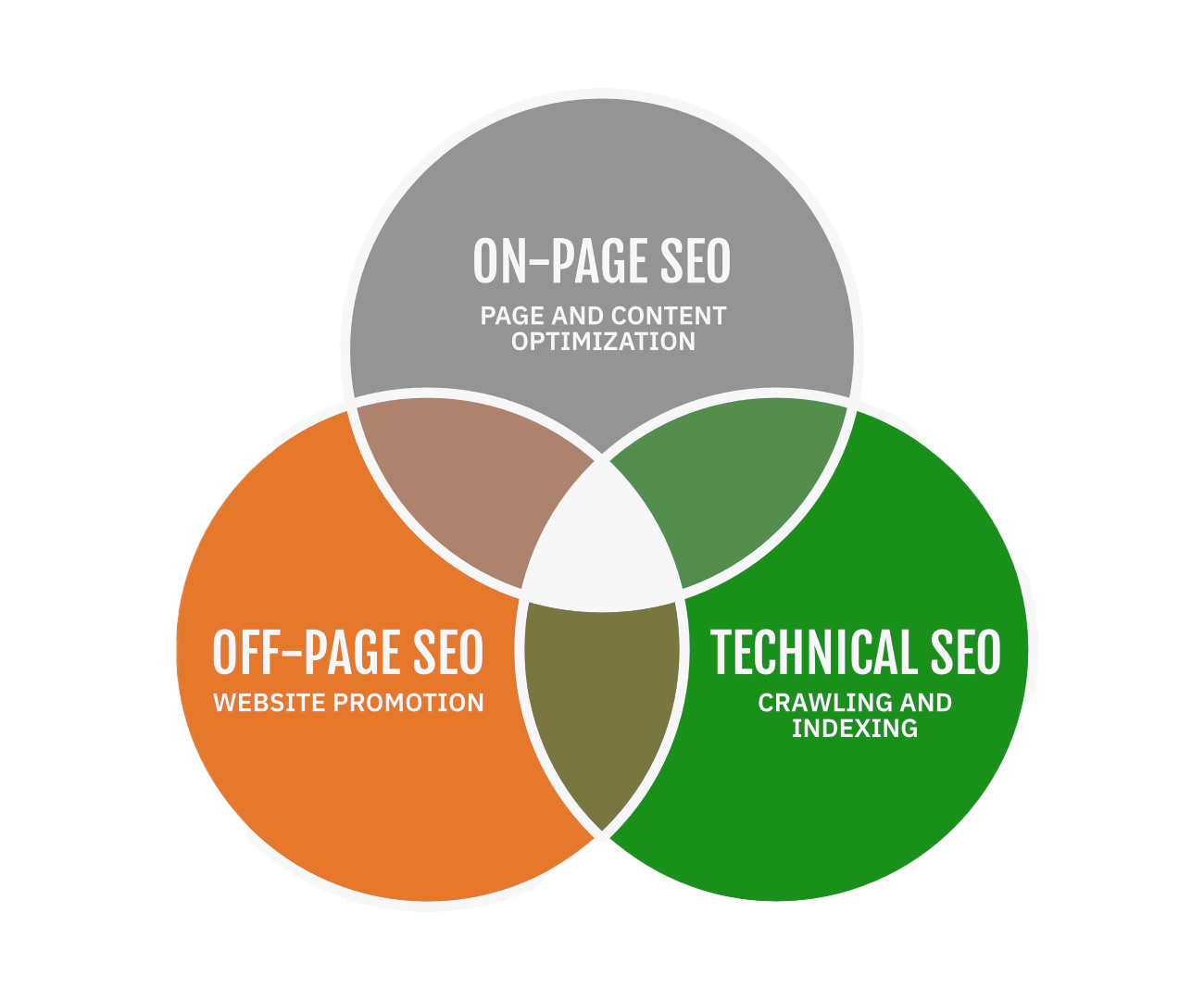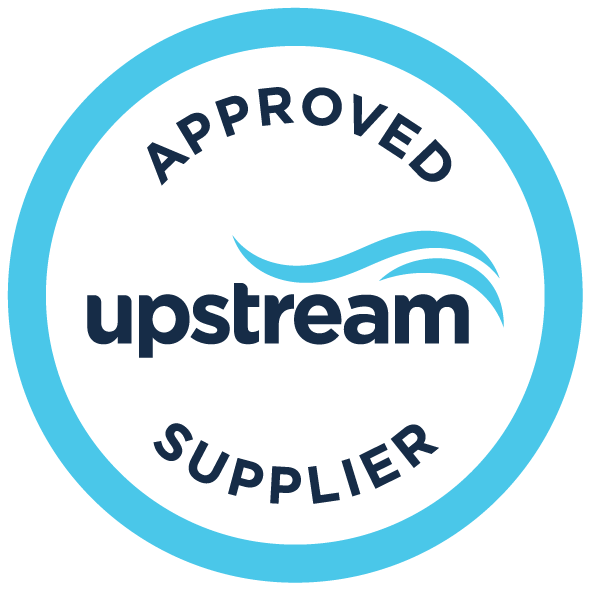Building Website Authority in an AI-SEO World
Search Engine Optimisation is moving fast. It’s no longer just about keywords; Experience, Expertise, Authoritativeness and Trustworthiness (EEAT) plus user intent now lead the way. Blending solid SEO fundamentals with AI-powered tools will help create good quality, relevant content that actually resonates (more signal, less waffle). At Tag Design Websites, we show small businesses how to strengthen their online presence through using traditional SEO with AI SEO to build authority and strengthen their online presence, which in turn will help show up in AI overviews on the search pages.
AI is reshaping SEO. Previously, search optimisation was largely about adding keywords, building link authority and following the technical checklists. These elements still matter but AI has shifted the focus. Today, tools can automate the repetitive tasks for the content editor, (like scanning for broken links, compressing images, or suggesting metadata) and, more importantly, they help connect the dots between fragmented content which is very useful for the end-user.
Instead of treating each blog, service page, or product description as a separate silo, AI now evaluates how well your content connects into a bigger picture of meaning. Search engines reward websites that build cohesive, contextual experiences by linking and layering content around clear topics. This is where entities come in... people, places, services, or ideas that AI recognises as concepts. Content creators still play a crucial role in structuring and linking content so AI can understand it and highlight it effectively in search overviews.
Prefer not to wrangle it yourself? Give me a call.
Core strategies to build authority

AI has changed the game by analysing huge amounts of data, including Large Language Models (LLMs), to spot patterns in content we could never see before. But the tools can’t do it all on their own, they still need human direction. That means understanding what makes content authoritative and giving AI the right prompts to shape the outputs - (prompt engineering). What matters is quality and relevance in content.
To stand out, focus on:
- Producing clear, high-quality content that answers real questions
- Structuring for AI (headings, schema, entities and context)
- Building trust signals: engagement, backlinks, citations
- Staying on top of SEO + AI developments so you can adapt quickly
AI tailors content to a person’s needs and interests based on what they search for. This means the results shown are highly relevant to what they’re actually seeking, saving time and avoiding the frustration of irrelevant pages.
Why authority matters (especially now)
Search engines prioritise expert, trustworthy content. With each algorithm update, low-quality pages slide; authoritative ones rise.
Keep authority growing by:
- Favouring quality over quantity
- Aligning content tightly to user intent
- Updating and improving content regularly
Authority builds trust. Trust builds rankings. Simple, not easy.
The main SEO best practices (the non-negotiables)

- On-page SEO: optimise meta tags, headings and image alt text so search engines (and AI) understand your pages.
- Intent first: write for the task the user is trying to complete.
- Schema: add structured data to enhance visibility.
- Mobile: design for smaller screens by default.
- Consistency: refresh older posts; keep things current.
Practical AI uses
- Natural language processing – the way AI reads and makes sense of human language, so it can understand search intent, suggest ideas, and improve content clarity.
- Trend forecasting – AI can scan past data and human-made statistics to suggest what topics or behaviours might be popular next. It’s useful for spotting patterns, but it still needs human judgement to confirm if those predictions make sense.
- Time-saving tools – AI can take over the repetitive jobs like checking your website for errors or fixing small technical issues, freeing you up for bigger-picture work. Just don’t hand it the steering wheel on strategy.
- Content personalisation – AI can adjust what people see so it matches their interests and searches, making the experience feel more relevant. But if pushed too far, it can come across as mechanical or even a little intrusive.
Personalisation that actually helps
- Show what people are really looking for. Base your content on your audience’s interests and how they interact with your site.
- Make actions simple. Use clear calls-to-action (like “Book a call” or “Get a quote for repairs”) and helpful extras such as FAQs or related links.
- Keep it easy to use. Smooth navigation and mobile-friendly layouts mean people find what they need without getting frustrated.
Creating high-quality, relevant content with AI
High-quality content is still the heart of authority. AI makes it easier to spot gaps, validate ideas and tighten writing.
AI-assisted content (simplified)
- Work out what people really want. Look at your data to see what visitors are searching for or struggling with.
- Turn that into useful topics. Use keywords and related themes to spark ideas that connect across your site, so your content feels joined-up rather than scattered.
- Polish for clarity. Keep your own voice, but let AI help tidy the flow, check readability, and smooth the rough edges.
- Adapt for different readers. Say the same message in slightly different ways depending on who you’re talking to (levels of reader understanding).
Building a strong backlink profile in the AI era
Backlinks still matter. AI helps you find quality opportunities by analysing competitor profiles and highlighting gaps.
- Collaborate with recognised experts/influencers
- Guest post on authoritative sites
- Engage in niche forums/communities
Use AI to evaluate link quality and avoid junk, but still use your judgement here.
Optimising for user experience and search intent
Intent and UX are central. AI tools reveal behaviour patterns that guide design and content tweaks.
Elements that improve user-experience
- Streamlined navigation (don’t make people think)
- Faster load times (every second counts)
- Mobile-first layouts (because that’s where users are)
Focusing on intent and experience improves rankings and builds longer-lasting connections.
Operate and adapt with AI

Monitoring, measuring and adapting with AI analytics
Track what matters. These are the metrics worth your time to help with content.
- Engagement: bounce rate, dwell time, scroll depth
- Keywords: performance, gaps, cannibalisation
- Content reach & effectiveness: what’s landing, what’s lagging.
Responsible AI-SEO
- Handle data transparently and securely
- Don’t game algorithms such as buying low quality links (it never ends well)
- Keep content authentic and original
AI should support your creativity, not replace it. That’s how you build authority that lasts.
Ways to keeping ahead of the game:
- Monitoring AI + SEO developments regularly
- Trying new tools (keep what works, ditch what doesn’t)
- Continually updating content and tactics
Be ready for changes in user preferences and search behaviour. Forward-thinking + AI insight = resilience.
Commit to authority in an AI-SEO world
Authority today takes consistency, adaptability and quality. Blend AI insights with authentic, user-focused content to grow trust, visibility and rankings. Keep the human at the centre while the machines handle the heavy lifting - and your authority won’t just grow; it will endure.







